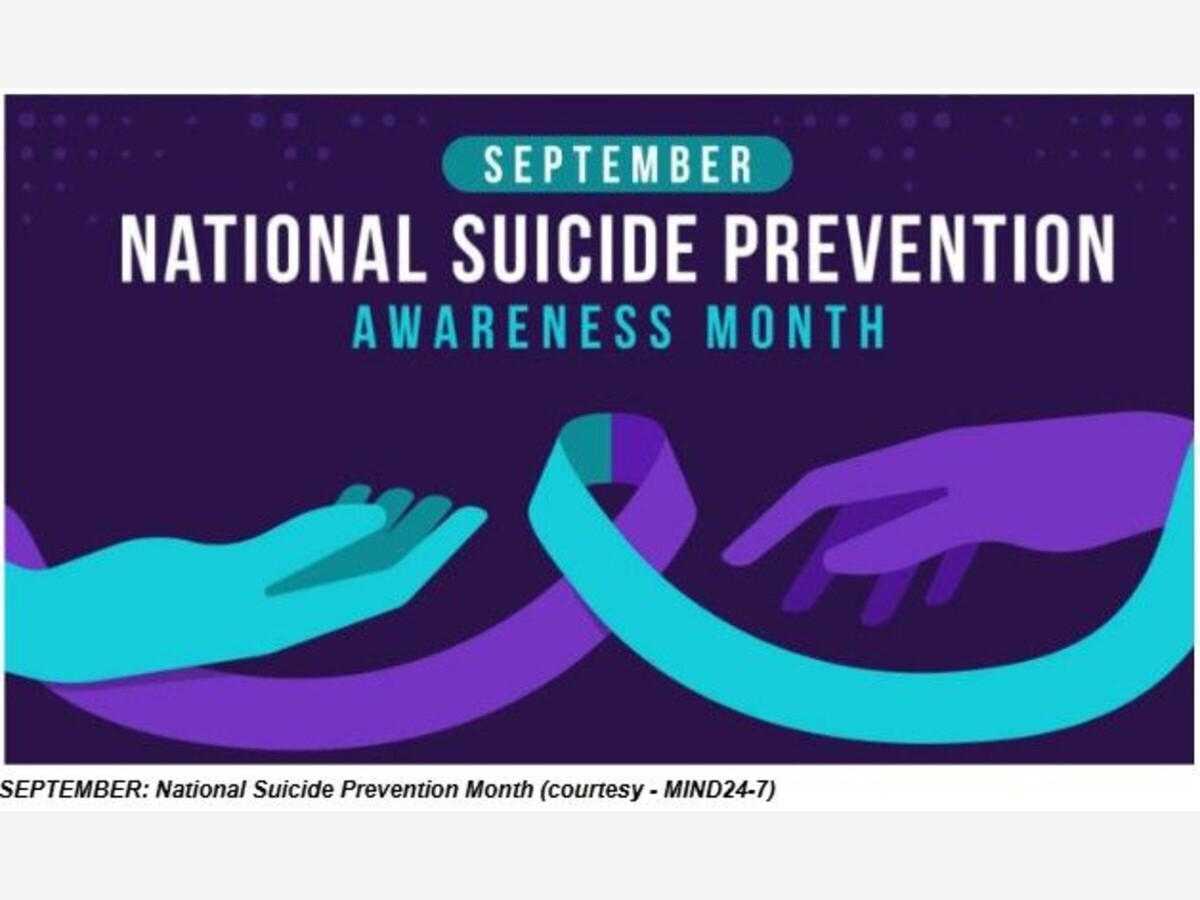Image


MINNEAPOLIMEDIA EDITORIAL |
The Lifeline Beyond September: When Awareness Becomes a Constant
As September draws to a close, bringing with it the end of Suicide Prevention Awareness Month, it is tempting to breathe a quiet sigh of relief—as though the work of awareness can pause with the calendar. Yet suicide is a crisis that does not adhere to a 30-day schedule. Behind every statistic is a person—a parent, a child, a neighbor, a friend—whose absence leaves communities grappling with grief, confusion, and unanswered questions. The burden is particularly heavy in underserved communities, where resources for mental health are scarce, and stigma prevents people from seeking the help they need.
The editorial “September: A Month to See, Speak, and Save Lives” was a powerful reminder that suicide is not merely a personal tragedy—it is a communal wound. But awareness cannot expire on the last day of the month. The despair, isolation, and silent struggles of our neighbors do not pause when September ends. If the urgency fades, we risk rendering all hard-won awareness—recognizing warning signs, dismantling stigma, and connecting people to help—meaningless.
Sustaining the Vigil: From Month-Long Focus to Year-Round Commitment
Suicide prevention is not a temporary campaign; it is a continuous, collective responsibility. The true work begins now:
The Power of Ongoing Effort
As the previous editorial stated, “Together, we can transform awareness into action, compassion into prevention, and attention into the lifeline someone desperately needs.” Let the close of September not be an ending, but a reaffirmation of our commitment. Every life lost to suicide is one too many. Our responsibility to offer help, solutions, and unwavering support must be resolute, constant, and relentless. We are each essential parts of a life-saving network; our collective effort—today, tomorrow, and every day—can be the difference between despair and hope.
If you or someone you know is struggling, help is available 24/7:
Let us move forward, seeing, speaking, and saving lives—until awareness is no longer confined to a single month, but becomes a continuous, life-affirming way of life.